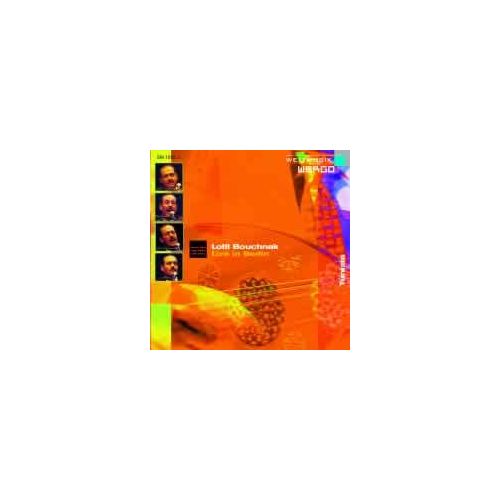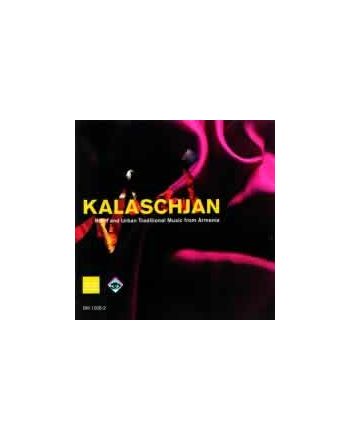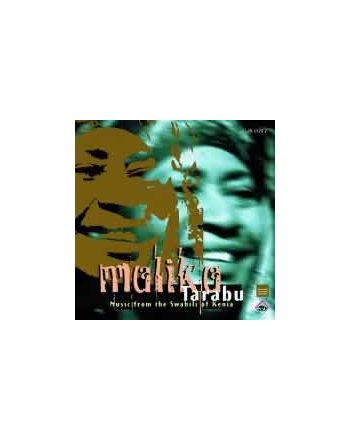Lotfi Bouchnak - Tunisia
Product Details
Description
Contents
Aschthouk Achamaail
Dawr Imta Al Hawa (Sikah) – Nassaya
El Lila Hilwa
Inti Schamsi
More Information
Technical Details
More from this series
World Music – What Is Distant? What Is Near?
World Music is a not uncontroversial term for the rich variety of musical culture of our planet, and it comprises not only the musical traditions of the rural parts of Africa, Asia, and Latin America but also those of the high cultures of the Indian subcontinent, Japan, and China as well as the popular music of urban metropolises throughout the world today.
This edition of CDs, most of which were produced in cooperation with Berlin’s House of the Cultures of the World and the Music Department of Berlin’s Ethnological Museum, mixes up the categories of “foreign” and “familiar” not only by bringing closer things that are unknown and unfamiliar but also by revealing the familiar in the foreign and the foreign in the familiar.
The encounter with the varied musical ideas that exist outside of our own culture has made us more aware of our own categories and shown us that we can no longer operate with a single compulsory aesthetic but that we must instead speak of innumerable distinctive aesthetics. This conclusion is supported both by the extraordinary recordings and the high quality of the booklet texts on the WELTMUSIK label.





